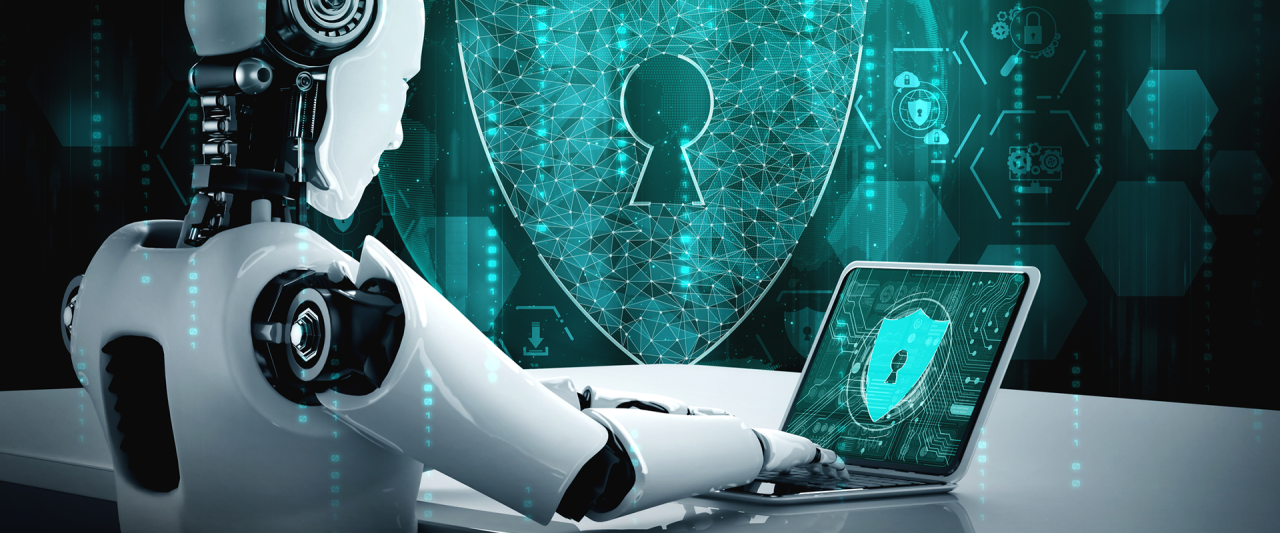As technology continues to evolve, so do the threats posed by cybercriminals. Cyberattacks have become more sophisticated, targeting everything from personal data to critical infrastructure. In response to this growing threat, artificial intelligence (AI) has emerged as a powerful tool in the fight against cybercrime. AI is transforming the cybersecurity landscape by enabling faster detection of threats, improved response times, and more effective defense strategies.
One of the key advantages of AI in cybersecurity is its ability to analyze vast amounts of data in real-time. Traditional cybersecurity methods rely on predefined rules and signatures to detect threats, which can often miss new and evolving types of attacks. AI, on the other hand, uses machine learning algorithms to detect patterns and anomalies in data, allowing it to identify new forms of cyberattacks even before they are fully understood. This ability to learn from past incidents and adapt to new threats is a significant improvement over traditional approaches.
AI-powered cybersecurity systems can also automate the detection and mitigation of threats, reducing the workload of human security experts and speeding up response times. For example, AI can automatically block malicious IP addresses or quarantine infected files, allowing security teams to focus on more complex tasks. In addition, AI can help predict potential threats by analyzing trends and identifying vulnerabilities before they are exploited.
Another promising application of AI in cybersecurity is the development of advanced intrusion detection systems (IDS). These systems use AI to monitor network traffic for suspicious behavior, such as unusual login attempts or data exfiltration. By leveraging AI’s ability to recognize patterns, IDS can detect intrusions in real-time, even when attackers are using advanced techniques to hide their actions.
While AI is a powerful tool for improving cybersecurity, it is not without its challenges. One of the main concerns is the potential for AI-powered cyberattacks. As AI becomes more integrated into defense systems, it is likely that cybercriminals will also begin to use AI to develop more advanced attacks. This arms race between attackers and defenders is one of the key challenges facing the cybersecurity industry today.
Furthermore, the implementation of AI in cybersecurity requires significant investment in technology and expertise. Organizations must ensure that their AI systems are properly trained and updated to handle new threats. There is also the issue of data privacy and the ethical implications of using AI to monitor and analyze sensitive information.
Conclusion:
AI is transforming the cybersecurity landscape, offering powerful tools to detect, prevent, and mitigate cyberattacks. With its ability to analyze large amounts of data in real-time, AI is enabling faster and more accurate threat detection. However, as AI becomes a critical part of cybersecurity, it is essential to address the challenges associated with AI-powered attacks and the ethical concerns surrounding data privacy. Despite these challenges, AI’s role in defending the digital frontier is indispensable.




